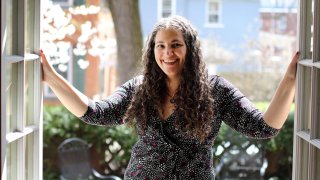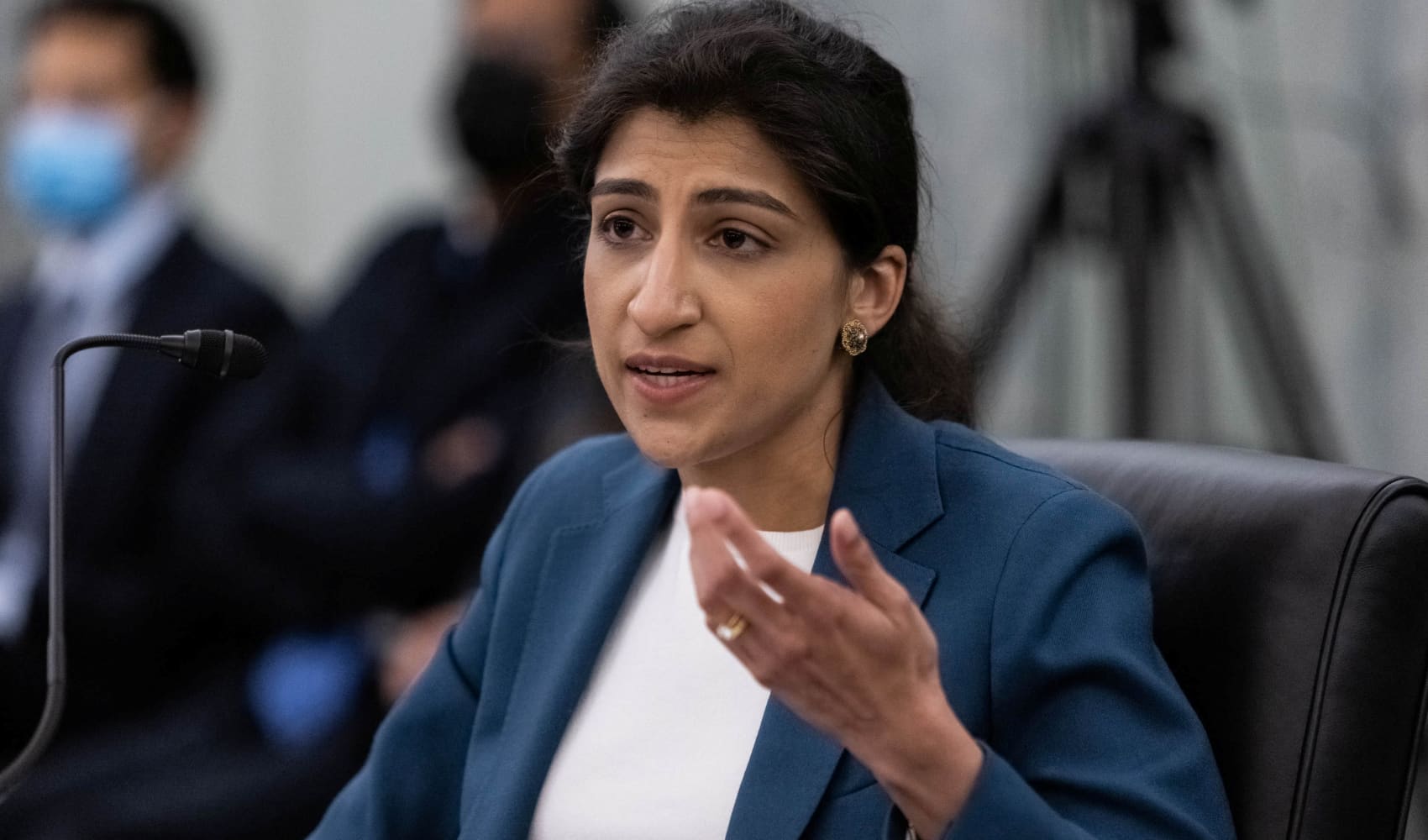
Laurie Santos wants to help teenagers, and the rest of the world, feel happier.
Santos, the psychology professor behind Yale University's most popular course, recently launched a free six-week version of the class aimed at teenagers, called "The Science of Well-Being for Teens." It was developed to address rising rates of anxiety, depression and suicide rates for kids between ninth and 12th grade, Santos says.
Lesson No. 1, she preaches in one of the course's pre-recorded lectures: Our brains lie to us about what makes us happy.
"For adults, this may mean pursuing money or success at work, and for teens this might mean focusing on the perfect grades and getting into the best colleges," Santos tells CNBC Make It. "The problem isn't that we're not putting work into feeling better — it's that we're doing the wrong things, prioritizing the wrong behaviors."
Get New England news, weather forecasts and entertainment stories to your inbox. Sign up for NECN newsletters.
Instead of focusing on reaching a financial milestone or perfect GPA, aim to program your brain with thoughts and behaviors that make you feel better, Santos recommends. Regularly connecting with friends, taking care of your health and learning how to accept negative emotions all contribute more significantly to your wellbeing than having the right job, car or relationships, she adds in a course lecture.
This isn't Santos's first foray into democratizing happiness. She hosts a podcast called "The Happiness Lab," and launched a free online course for adults called "The Science of Wellbeing," which has seen over 4 million enrollments since its 2018 launch.
The timing of the teen-specific course, which already has at least 17,000 enrollees, is notable. More than a third of teens self-report experiencing poor mental health, and nearly half feel persistent sadness or hopelessness during the pandemic, according to a Centers for Disease Control and Prevention survey that surveyed participants through mid-2021.
Money Report
Even before the Covid-19 pandemic hit, those numbers had already increased by 40% from 2009 to 2019, the CDC noted. The agency's survey also found that 20% of teens had seriously considered, and 9% had attempted, suicide.
Santos says she wants to help change those numbers by making the science of happiness accessible. Happiness isn't just about enjoying our day-to-day lives, she adds: It helps you land jobs and live longer, contributing to your success when you're not really chasing it.
There's also a negative correlation between high GPAs and self-esteem, Santos notes, citing research from author Alfie Kohn's book "Punished by Rewards." A separate 1998 University of Clemson meta-analysis found something similar: There's almost no correlation at all between high GPAs and salary growth over the duration of your career.
Put together, the message is clear, Santos says. Students with the highest grades are often less happy — and happiness a better indicator of success than quantitative measures like grades.
Happier people also live longer, Santos says. Her evidence: nuns.
A 2001 study published by the American Psychological Association spent a decade analyzing Catholic nuns, who were between the ages of 75 and 102 when the study began in 1991. Of the 678 nuns who participated in the study, 180 provided journals they'd written between the ages of 18 and 32, and researchers found that those who'd recorded positive feelings early in life and throughout the study lived longer.
Out of the happiest quarter of nuns, 90% lived to be 85 years or older, researchers found.
The study is hopeful, to Santos: People can learn to be happy and successful regardless of their surroundings.
"I think the biggest misconception is that our happiness is based on our circumstances," Santos says. There's a lot of evidence that, at least for people living above the poverty line and outside of truly traumatic situations, our circumstances don't matter as much as we think for our overall happiness."
Correction: This story has been updated to reflect the correct spelling of Laurie Santos' name.
Sign up now: Get smarter about your money and career with our weekly newsletter
Don't miss:
A new study of 159,255 women reveals that optimists are more likely to live past age 90—here’s why






